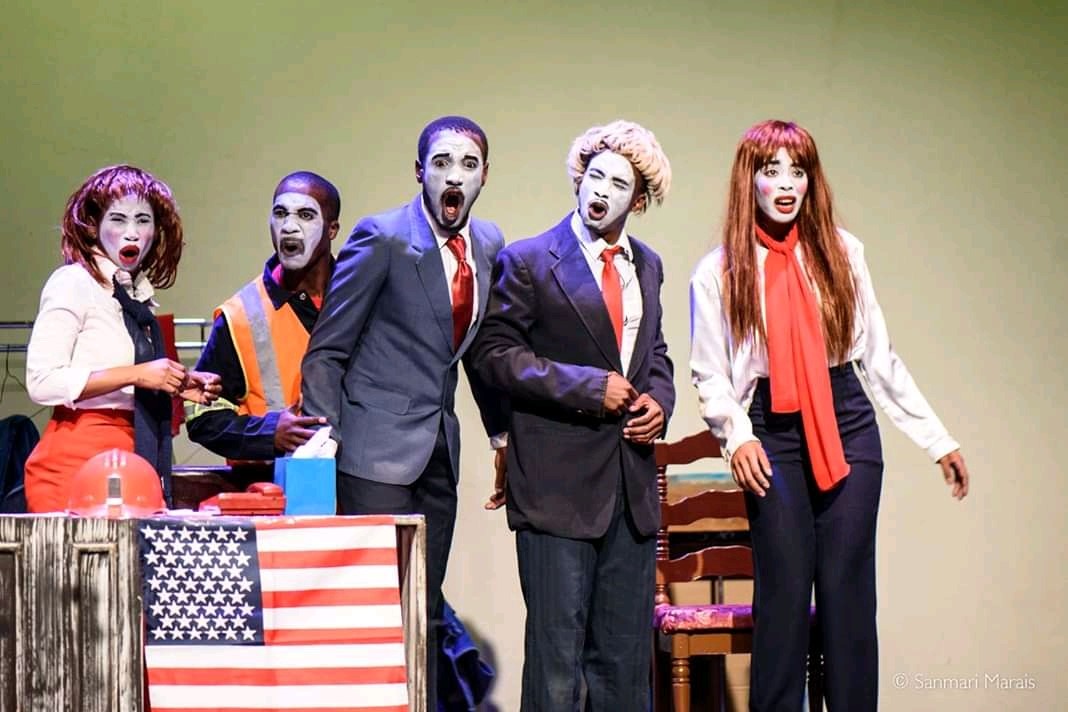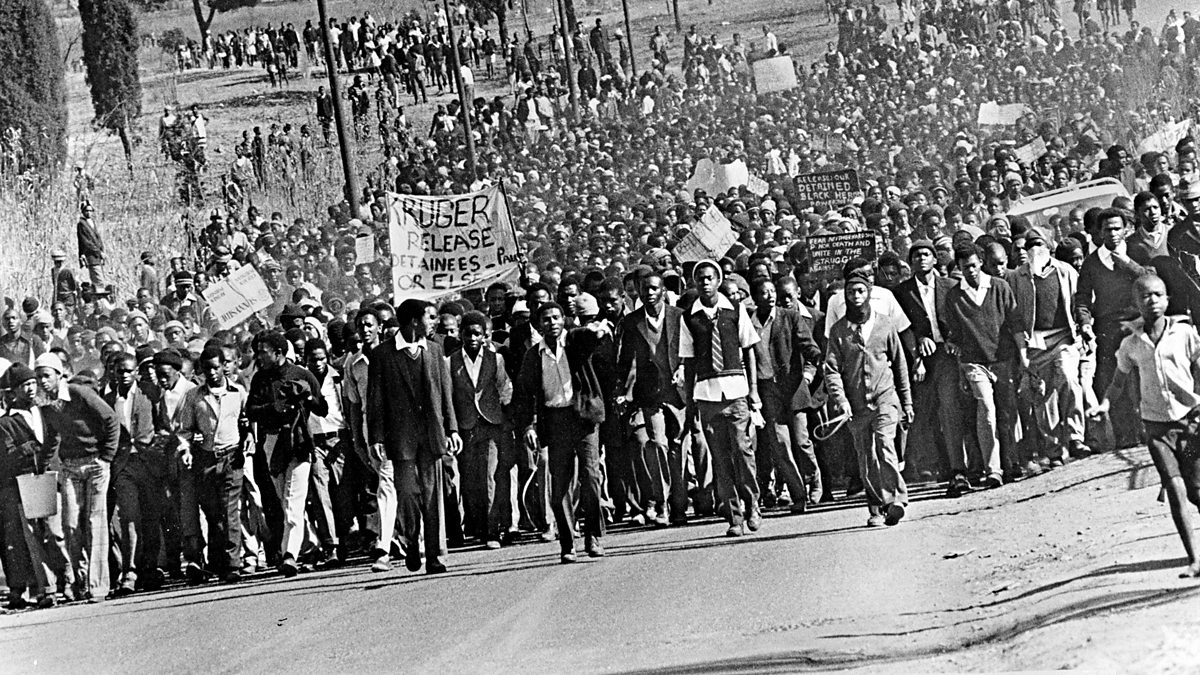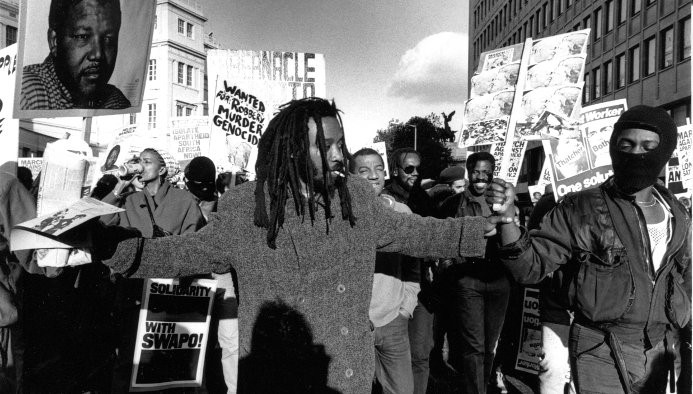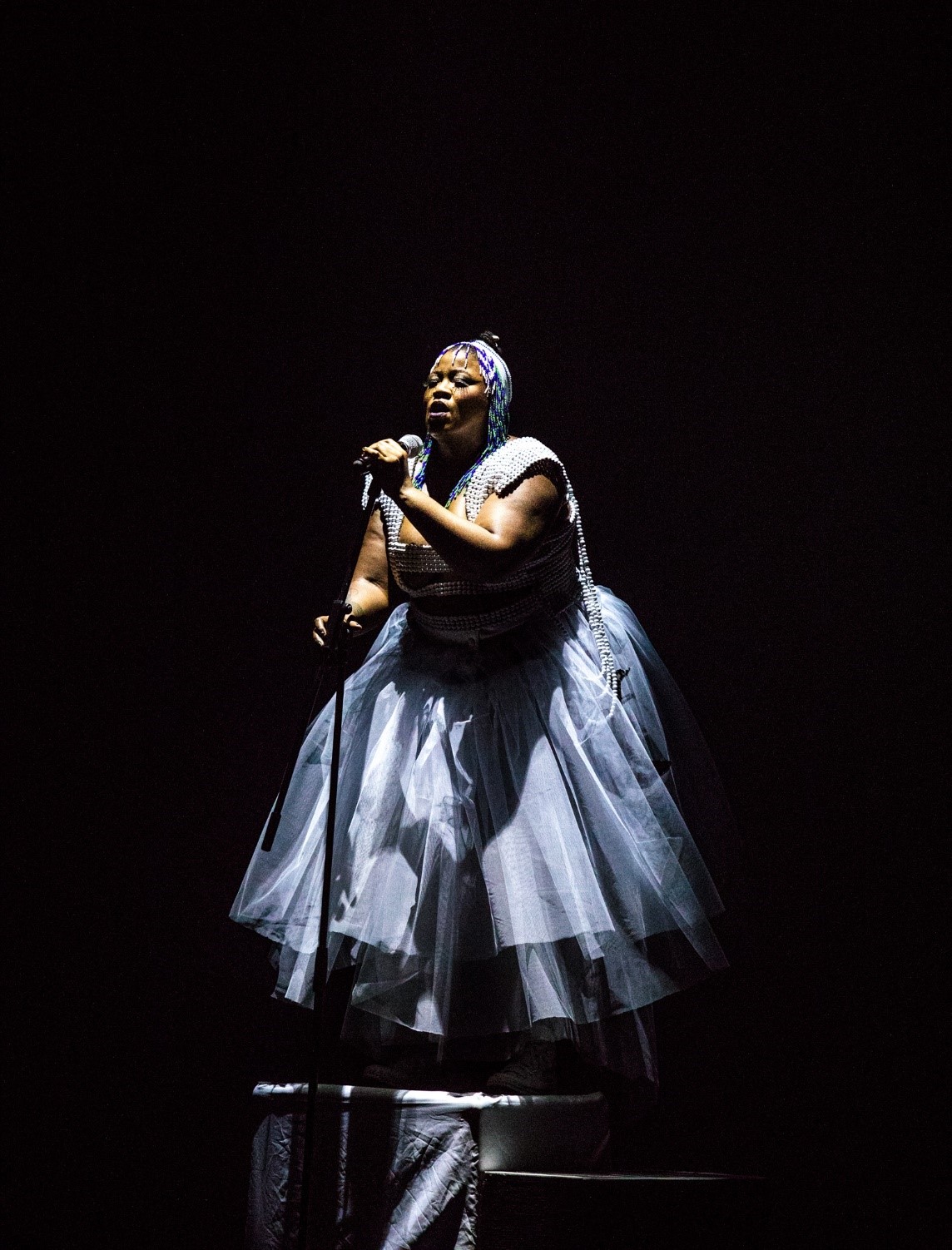Juba’s death rang hard. It was reported as a break in gone wrong and he was shot by the police on the spot, he was not even linked to us in anyway. The big fish that the government was targeting was not there, we, the little fry were. I suppose it was a good thing that no one was hurt or died in the police station incident, otherwise the ramifications would have been severe.
We are having a discussion about Reconciliation and its purpose. Derik makes his point and I understand where he comes from. He argues that if this country is originally for the so-called Africans, then what about him and his likes. He asks where they should go to because this is home to them. This is where they were born. Of course I have no answer to this. But I still maintain that, as a visitor in one’s house, you don’t just after a few days, turn the tables and chase the owners of the house out of their property so that you could live in it. How do you sleep at night with that kind of mind-set? His response is that bartering happened and land was exchanged, but the natives did not want to vacate the sold land, and that is where all of this started. It is at this point difficult to argue with him because I am boiling inside.
“No, wait Themba. I have an example for you. Take for instance the okes who toy-toy right?”
I nod. “When they do their thing singing in their African languages, we don’t know what they are singing about and the fierceness in their voices kept us on our toes all time…”
“I’m not following…” I said. He takes out a packet of cigarettes and lights one up. He offers me one, I thankfully decline. “When they, your people demonstrate, they do it in anger, and with passion, passionate anger, you know what I mean?” At this point I am really irritated. The way he uses words with his strong Afrikaans- English accent, I wonder what he did in his days. He should have been a poet. “Come on man, you know what I mean” he adds.
“Look, Derik, All I know is that when whatever happened in those years, people lost lives. I just refuse to lie down and roll, living with the fact that they died for land. That I refuse to accept!”
“But that is what Reconciliation is about isn’t it?” he asks rhetorically.
“Well…” I stammer “Let me ask you something here Themba, if you were asked by the Commission to forgive your perpetrators for Reconciliation purposes, would you have?” he cuts in quickly. A grim picture of one of the perpetrators, a former Security Police sergeant who went to the house of one of his victims to repent, quickly flickers through my mind. He was Johan ‘Scissors’ Botha, a once fierce and feared Security Police sergeant in the townships. When he was in the area, the townships went quiet like they were deserted because he silenced people. That was his job, silencing. In 1996, following the establishment of the Truth and Reconciliation Commission, he went to one of his victim’s homes to ask for forgiveness from the parents. Through all of that, he had to describe how he killed their son and why. All the parents were ever left with was hair that was cut off from their son’s head and mailed to them in those dark years. I choke. Former Sergeant Botha did not even get to finish his speech and story, having heard enough, the younger brother of the deceased son, picked up an ashtray and dug a baleful wound on Botha’s skull. That was one intense event I remember that took place as a result of the Reconciliation Commission.
“It all depends on how much pain he would have inflicted on me…and remember, there is a massive gap between forgiveness and forgetting”
“ja, ja…” he says puffing on his cigarette.
“And anyway, why do you care so much about Reconciliation? It doesn’t affect you….” I carelessly ask.
He puffs more on his cigarette. His mind races, evidently. He looks at the hills from the distance. From here they look like they had been pasted and can be removed whenever one pleases. Brown-Green hills with lots of stories and atrocities to tell. They have seen things in their time. Things. After a while he speaks.
“In ’76 I was twenty eight and had so much hatred for you people…so I joined the Security Police. In no time I was part of the Special Branch, at that age it was quite an achievement Themba believe me” Something clicked in me. The hatred I had myself for the likes of him, suddenly came rushing back like adrenalin. He did sound like a policeman in all the conversations I have had with him. But I could not pick it up. “My first time was a school boy. A stupid schoolboy that was himself learning the ropes of your people’s struggle. I shot him once at the back of his head and it splattered all over the pavement…” He lit another cigarette. “You see, we had a satellite office in Sandton, just off the highway from Alexander Township. This outjie, together with three of his friends wanted to get rid of some evidence filed in the office, so they bombed the office, unknowing that it was a trap. We knew what was going to happen that night; we had it set up with the help of one of our informants…” My heart raced, I could not understand what was happening to me, I felt like crying, nauseous… sick. I had am immediate headache, my heart raced even faster. “We caught two, the third one was fighting hard… we beat him up badly and the third one…”
![1976 [Part2]](http://culture-review.co.za/images/logo.png)
![1976 [Part2]](assets/images/1976.jpg)


















